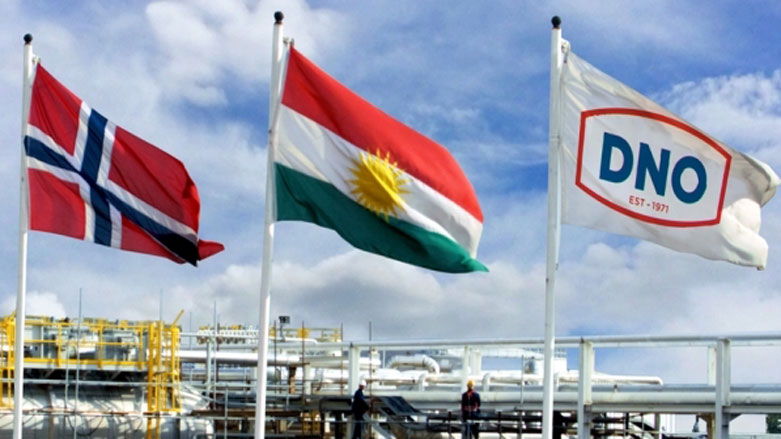DNO increases stake in Tawke field as part of settlement with Kurdish government

ERBIL, Kurdistan Region (Kurdistan 24) – Norwegian oil and gas operator DNO has been assigned 20 percent interest in the Tawke oil fields in the Kurdistan Region as payment of receivables owed to the company for past crude oil deliveries.
As part of a landmark settlement with the Kurdistan Regional Government (KRG), DNO now holds a 75 percent operated stake in the license containing the Tawke and Peshkhabir fields located in Duhok province, northern Kurdistan Region.
In addition to the 20 percent interest, DNO will receive a percentage of revenues each month from the KRG over a five-year period. The settlement is effective as of 1 August 2017, settling DNO’s claims for all outstanding debt from the KRG for the Tawke field.
"We are very pleased with the Government's initiative to settle receivables and normalize export payments to the operators," said Bijan Mossavar-Rahmani, DNO's Executive Chairman. "This sends a strong positive signal to investors and helps restore confidence in Kurdistan's oil sector," he added.
The move will help DNO bolster its balance sheet and future cash flow, boding well for investments in the Region. In May, Norwegian DNO oil and gas operator announced the company was expanding investments in the oil sector in the Kurdistan Region.
The agreement also affects Genel Energy Plc, who holds 25 percent of the Tawke license, according to a statement released by the Ministry of Natural Resources (MNR).
“DNO and Genel shall make no further claims on all historical outstanding Tawke license receivables from the Government,” it read. “Genel has also accepted settlement of its claims for its share of historical outstanding Taq Taq license receivables from the Government.”
Genel downgraded its Taq Taq field near Kirkuk city in March, cutting its reserves estimates.
“With these adjustments, the Kurdistan Regional Government has no further obligations of past payments of receivable or Petroleum Costs to these two companies with respect to deliveries of oil to the Government,” the MNR said.
The Ministry noted that they “believe this initiative will convey a strong positive message to the investors that the Government is fully committed to a robust win-win partnership with all the International Oil Companies operating in Kurdistan.”
In May, Consultant Rystad Energy AS explained it expected Kurdish oil production to increase over 10 percent this year to 602,000 barrels per day (bpd).
Oil will continue to dominate in Kurdistan, according to Rystad analyst Espen Erlingsen, who said “long-term” output could reach about 800,000 bpd.
DNO’s Tawke and Peshkhabir combined proven and probable reserves are over 500 million barrels and its production in excess of 100,000 bpd.
The KRG’s plan to make 20 more oil blocks available this year will test the region’s ability to lure more investors.
